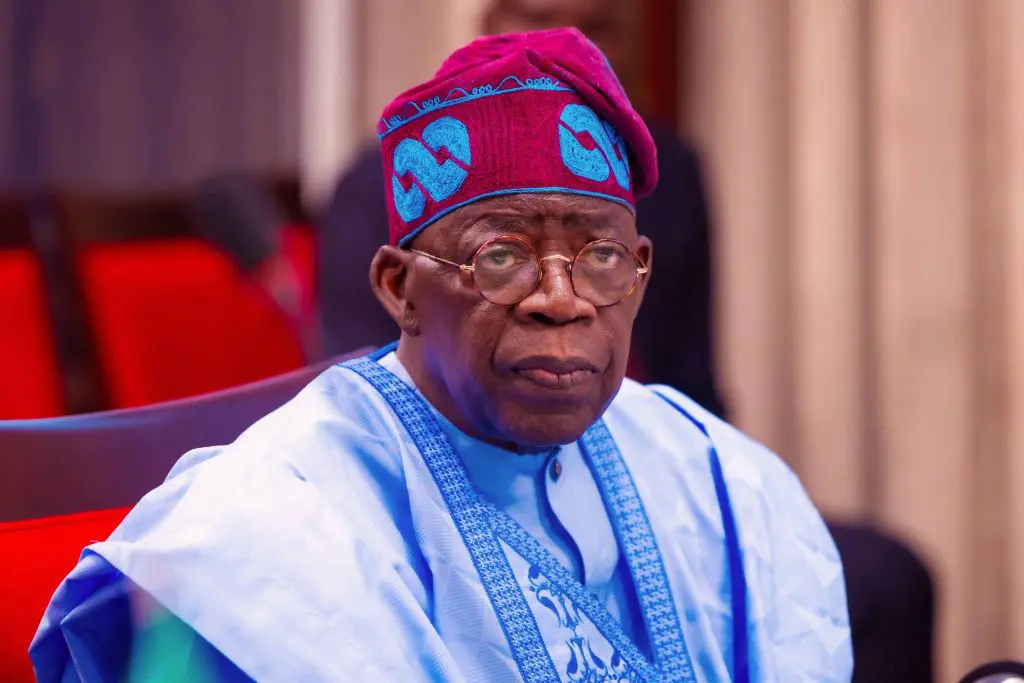President Bola Ahmed Tinubu’s interventions may have failed to ease the country’s worsening economic hardship in the first half of 2024 despite the government’s Renewed Hope Mantra.
Economists and financial experts disclosed this in separate interviews.
President Tinubu, a former Lagos State Governor, who celebrated his first anniversary in office on May 29th, 2024, has not found it easy to give Nigerians a vista of hope.
The development comes on the back of the recent approval by the Federal Executive Council for the disbursement of N555 billion to 100,000 families, with N50,000 payment for three months.
Recall that in October 2023, the President also approved the ‘Conditional Cash Transfer’, under the now-suspended minister of Humanitarian Affairs and Poverty Alleviation, Betta Edu.
The scheme, which comes under the $800 million in loan support from the World Bank, was launched on October 17, 2023, by President Bola Tinubu.
Also, as part of the fiscal measure, the federal government recently approved zero tariffs, excise duties, and Value Added Tax on specialized machinery, equipment and pharmaceutical raw materials to bolster local production of essential healthcare products.
Other fiscal measures include a $3.3 billion crude oil-backed prepayment facility from Afreximbank, $2.5 billion World Bank loans to bolster Nigeria’s foreign exchange supply, and efforts by the Presidential Tax and Fiscal Policy Committee to increase taxes.
Despite the interventions, Nigerians have continued to groan over the impact of headline and food inflation which rose to 33.95 percent and 40.66 percent in May, 2024.
The implication is that the purchasing power of Nigerians has dropped in the face of the increasing misery index.
Worse, Nigeria’s debt burden rose to N121.67 trillion at the end of March 2024.
In the 1Quarter of 2024, the country spent $1.12 billion for servicing foreign debt on N3.94 trillion generated revenue in the same period.
This is as Naira weakened to N1508.99 per dollar at the official market on Monday amid several policies announced by the Central Bank of Nigeria; the latest was the discontinuation of the Price Verification System Portal for importers.
Speaking on Monday, financial expert and the Chief Executive Officer of SD & D Capital Management, Gbolade Idakolo said Tinubu’s policies in the referenced period have not helped to alleviate the hardship on Nigerians.
According to him, welfare policies by the federal and the state governments were yet to be felt by Nigerians.
The fiscal measures introduced by President Tinubu, including the N555 billion cash transfer program, demonstrate a proactive approach to addressing the immediate economic challenges faced by Nigerians.
However, the success of these measures depends significantly on the coordination with monetary policies to manage inflation and ensure overall economic stability.
A holistic approach, combining short-term relief with long-term economic reforms, is essential for addressing the underlying issues causing inflation-induced hardship and achieving sustainable growth.
Do you have a story to share? Want to advertise with us? Or perhaps you need publicity for a product, service, or event?
Contact us:WhatsApp: +2348165713606 Email: nationalreports001@gmail.com
We'd love to hear from you!"





